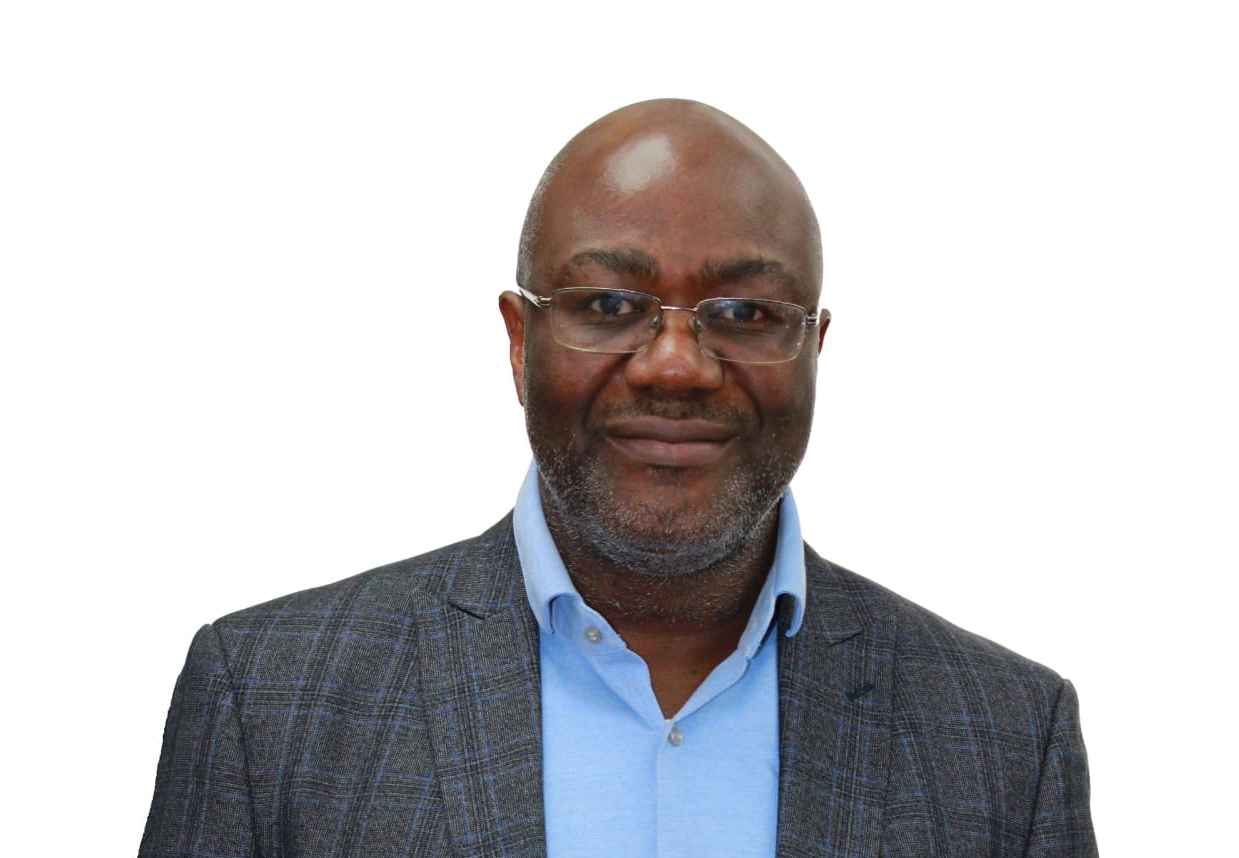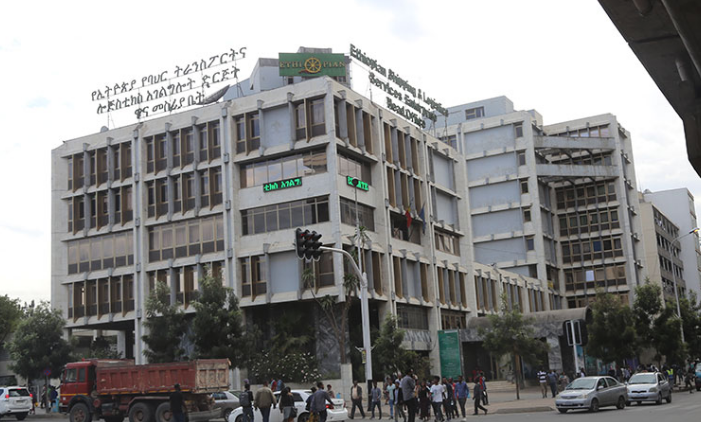
Radar | Dec 24,2022
Oct 11 , 2025
By Chukwumerije Okereke
The upcoming International Maritime Organisation (IMO) session in October is expected to formalise a groundbreaking framework: a mandatory pricing system for greenhouse gas emissions from ships. This policy, if ratified, could channel 10 billion to 15 billion dollars annually by 2030, sparking debates about fair revenue distribution and the prospects for financing Africa’s energy ambitions.
In early September, African leaders convened in Addis Abeba for the Second Africa Climate Summit, which focused on overcoming the obstacles to climate-resilient development on the continent. In their efforts to devise solutions, drive innovation, and attract financing, these leaders are reshaping global climate action.
As part of that process, they are increasingly recognising that decarbonising shipping, an industry that generates nearly three percent of global greenhouse-gas (GHG) emissions, could be a powerful catalyst for Africa's green industrialisation. African governments have already emerged as key players in negotiations on reducing shipping emissions. Earlier this year, they helped secure the approval of the Net-Zero Framework at the International Maritime Organisation (IMO), the United Nations' maritime regulator.
Included in the framework is the world's first binding pricing mechanism on GHG emissions from ships. This measure, which the IMO is expected to adopt formally at its upcoming October session, represents an important victory for multilateral climate action and signals the beginning of the end of shipping's dependence on fossil fuels.
But the real test will be how this crucial policy is designed and implemented over the next few years. For African governments, the biggest question is how the revenues generated from the IMO's pricing mechanism, projected to be 10 billion to 15 billion dollars a year by 2030, will be used. If distributed equitably, these funds could help Africa close its huge energy gap, upgrade its port infrastructure and fleets, and invest in transmission networks and grids that could unlock its vast renewable-energy potential, especially in geothermal, wind, and solar.
A resilient grid is also essential for producing renewable hydrogen and other green e-fuels, the most promising long-term clean-energy solution for the shipping industry. This would likely provide a boost to Africa's existing green-hydrogen projects and spur new ones, thereby accelerating industrialisation, boosting GDP, and positioning the continent as a global energy exporter.
Until now, Africa has faced challenges in developing its abundant renewable resources largely because of the high cost of capital. African economies remain weighed down by unsustainable debt burdens and low credit ratings, which make it prohibitively expensive to invest in clean energy. Given the perceived risks, the continent currently receives only around two percent of global investment in renewables. But the revenues raised from the IMO's new carbon-pricing mechanism could be used to lower initial costs, de-risk clean-energy investments, and pave the way for Africa to power global shipping.
Crucially, the IMO should support this drive to harness Africa's renewable resources by creating strong incentives for e-fuels. Otherwise, cheaper options such as liquefied natural gas, which is far more destructive to the planet, and crop-based biofuels, which increase pressure on food systems, risk undercutting green hydrogen and impeding African countries' efforts to achieve sustainable growth and development.
The increased use of biofuels would be particularly catastrophic for African countries. In my country, Nigeria, where millions of people already face acute hunger, diverting crops to create fuel for ships, often carrying goods and supplies bound for wealthy countries, would be both immoral and economically reckless. Generating biofuels would likely worsen food insecurity and increase deforestation, GHG emissions, and land degradation, in some cases, to a greater extent than fossil-fuel production.
Like many other African countries, Nigeria has everything it takes to become a leader in sustainable shipping fuels, including abundant sun and wind, and a young workforce. Now it needs the right investments. If designed properly, the IMO's framework could help provide the funds Africa needs to ramp up its renewable energy capacity. Failure to create an ambitious and equitable policy risks limiting Africa's prospects.
As the IMO gathers in London this month to adopt its Net-Zero Framework, African countries should show the same leadership and determination as they did at the Second Africa Climate Summit in Addis Abeba. Ensuring that the continent reaps the benefits of the IMO's new mechanism would be a remarkable example of international cooperation. A climate-resilient future is within reach, so long as African voices are heard, and taken seriously, on the global stage.
PUBLISHED ON
Oct 11,2025 [ VOL
26 , NO
1328]


Fortune News | Jan 11,2020

Viewpoints | Feb 12,2022

Fortune News | Jun 08,2019

My Opinion | Jun 22,2024

Commentaries | Apr 26,2025

Photo Gallery | 173462 Views | May 06,2019

Photo Gallery | 163684 Views | Apr 26,2019

Photo Gallery | 153678 Views | Oct 06,2021

My Opinion | 136524 Views | Aug 14,2021
Editorial | Oct 11,2025

Dec 22 , 2024 . By TIZITA SHEWAFERAW
Charged with transforming colossal state-owned enterprises into modern and competitiv...

Aug 18 , 2024 . By AKSAH ITALO
Although predictable Yonas Zerihun's job in the ride-hailing service is not immune to...

Jul 28 , 2024 . By TIZITA SHEWAFERAW
Unhabitual, perhaps too many, Samuel Gebreyohannes, 38, used to occasionally enjoy a couple of beers at breakfast. However, he recently swit...

Jul 13 , 2024 . By AKSAH ITALO
Investors who rely on tractors, trucks, and field vehicles for commuting, transporting commodities, and f...

Oct 11 , 2025
Ladislas Farago, a roving Associated Press (AP) correspondent, arrived in Ethiopia in...

Oct 4 , 2025
Eyob Tekalegn (PhD) had been in the Governor's chair for only weeks when, on Septembe...

Sep 27 , 2025
Four years into an experiment with “shock therapy” in education, the national moo...

Sep 20 , 2025
Getachew Reda's return to the national stage was always going to stir attention. Once...

Oct 12 , 2025
Tomato prices in Addis Abeba have surged to unprecedented levels, with retail stands charging between 85 Br and 140 Br a kilo, nearly triple...

Oct 12 , 2025 . By BEZAWIT HULUAGER
A sweeping change in the vehicle licensing system has tilted the scales in favour of electric vehicle (EV...

Oct 12 , 2025 . By NAHOM AYELE
A simmering dispute between the legal profession and the federal government is nearing a breaking point,...

Oct 12 , 2025 . By NAHOM AYELE
A violent storm that ripped through the flower belt of Bishoftu (Debreziet), 45Km east of the capital, in...